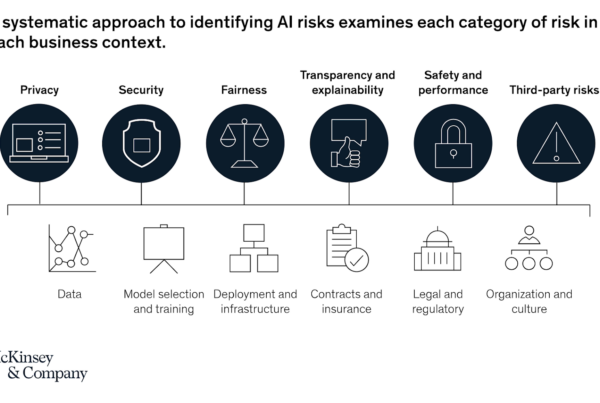Science and innovation are the headlines of a new chapter as CIOs and IT leaders enjoy a more dynamic, bullish public perception of technological advancement. This new era of heightened innovation and discovery is advantageous in elevating living standards around the world and creating a more equitable, economically diverse ecosystem.
Technology may have often faced skepticism and pessimism in the past 10 years but 2021 has dawned with a much sunnier perspective.
How it started. How it’s going.
 Here is a summary of key points from “The new era of innovation – Why a dawn of technological optimism is breaking” article recently published in The Economist, illustrating how public perception has influenced the participation and acceptance in new innovation.
Here is a summary of key points from “The new era of innovation – Why a dawn of technological optimism is breaking” article recently published in The Economist, illustrating how public perception has influenced the participation and acceptance in new innovation.
- The 2010s were defined by pessimism as the pace of innovation underwhelmed many people and side effects like monopolies, stalled technologies, and security risks took their toll on the conversation about possibility and progress.
- There were also many advances, such as advances in healthcare. But what changed everything? A pandemic. Technological optimism is sparked by the speed at which Covid-19 vaccines were produced. Scientists became household names.
- Capitalism and rapid technological advances have always gone hand-in-hand.
- Three reasons to believe that the 2020s offer a more optimistic view of technology, including
- The recent discoveries with transformational potential (e.g., vaccines, antibody treatments, multi-contextual AI, and renewable energy)
- Booming investment in technology
- The rapid adoption of new technologies.
An important take-away here: “It has been a reminder that adversity often forces societies to advance.” Living standards, health care, and education all greatly benefit from innovation.
CIOs are ready to step into upgraded roles
By the numbers: In Gartner’s “Seize this opportunity for digital business acceleration” 2021 report, an overwhelming majority of the 1,877 participating CIOs said that because of the pandemic their relationships with CEOs were strengthened (66%), they were assuming leadership of high-impact initiatives (70%), and they were educating CEO and other senior stakeholders on the value of IT (80%).
“Ensuring that the whole economy harnesses new technologies will require robust antitrust enforcement and looser intellectual-property regimes. If governments rise to the challenge, then faster growth and higher living standards will be within their reach, allowing them to defy the pessimists. The 2020s began with a cry of pain but, with the right policies, the decade could yet roar,” writes The Economist.
CIOs are ready to build on strengthened relationships with other executive leaders to tackle new digital business acceleration initiatives. Coupled with new discoveries, technology, and IT investments, and new technology adoption, the digital era offers infinite potential.







